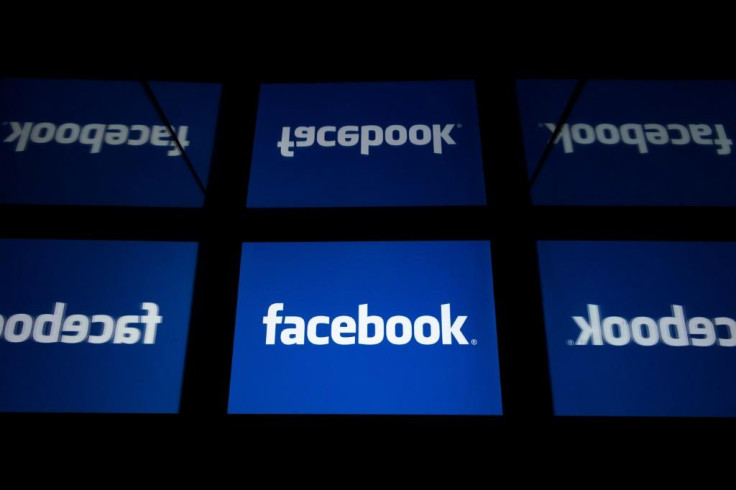Facebook pledges $1 bn for news, defends Australia blackout
After two decades of light-touch regulation, tech giants such as Google and Facebook are coming under increased government scrutiny.
Facebook on Wednesday pledged to invest at least $1 billion to support journalism over the next three years as the social media giant defended its handling of a dispute with Australia over payments to media organizations.
Nick Clegg, head of global affairs, said in a statement that the company stands ready to support news media while reiterating its concerns over mandated payments.
"Facebook is more than willing to partner with news publishers," Clegg said after Facebook restored news links as part of a compromise with Australian officials.
"We absolutely recognize quality journalism is at the heart of how open societies function -- informing and empowering citizens and holding the powerful to account."
Facebook and Google have both devoted money to supporting journalism in the past, citing its critical role in democracies.
Clegg defended the California titan in a blog post titled "The Real Story of What Happened With News on Facebook in Australia."
The social media platform came under fire after it blanked out the pages of media outlets for Australian users and blocked them from sharing any news content, rather than submit to the proposed legislation.
Clegg contended in his post that at the heart of the controversy is a misunderstanding about the relationship between Facebook and news publishers.
News groups share their stories at the social network, or make them available for Facebook users to share with features such as buttons designed into websites, Clegg noted.
Facebook drove some 5.1 such "free referrals" to Australian news publishers last year, worth an estimated 407 million Australian dollars, according to Clegg.
"The assertions -- repeated widely in recent days -- that Facebook steals or takes original journalism for its own benefit always were and remain false," Clegg said.

"We neither take nor ask for the content for which we were being asked to pay a potentially exorbitant price."
Clegg said that to comply with the law as originally proposed in Australia, "Facebook would have been forced to pay potentially unlimited amounts of money to multi-national media conglomerates under an arbitration system that deliberately misdescribes the relationship between publishers and Facebook."
He maintained that in blacking out all news in the country, "we erred on the side of over-enforcement" and acknowledged that "some content was blocked inadvertently" before being restored.
After two decades of light-touch regulation, tech giants such as Google and Facebook are coming under increased government scrutiny.
In Australia, regulators have zeroed in on their online advertising dominance and its impact on struggling news media.
According to Australia's competition watchdog, for every $100 spent on online advertising, Google captures $53, Facebook takes $28 and the rest is shared among others.
To level the playing field, Australia wants Google and Facebook to pay for using expensive-to-produce news content in their searches and feeds.
"It is understandable that some media conglomerates see Facebook as a potential source of money to make up for their losses, but does that mean they should be able to demand a blank check?" Clegg asked rhetorically.
"It's like forcing car makers to fund radio stations because people might listen to them in the car -- and letting the stations set the price."
World Wide Web inventor Tim Berners-Lee recently warned that introducing the precedent of charging for links could open a Pandora's Box of monetary claims that would break the internet.
Copyright AFP. All rights reserved.
This article is copyrighted by International Business Times, the business news leader





















